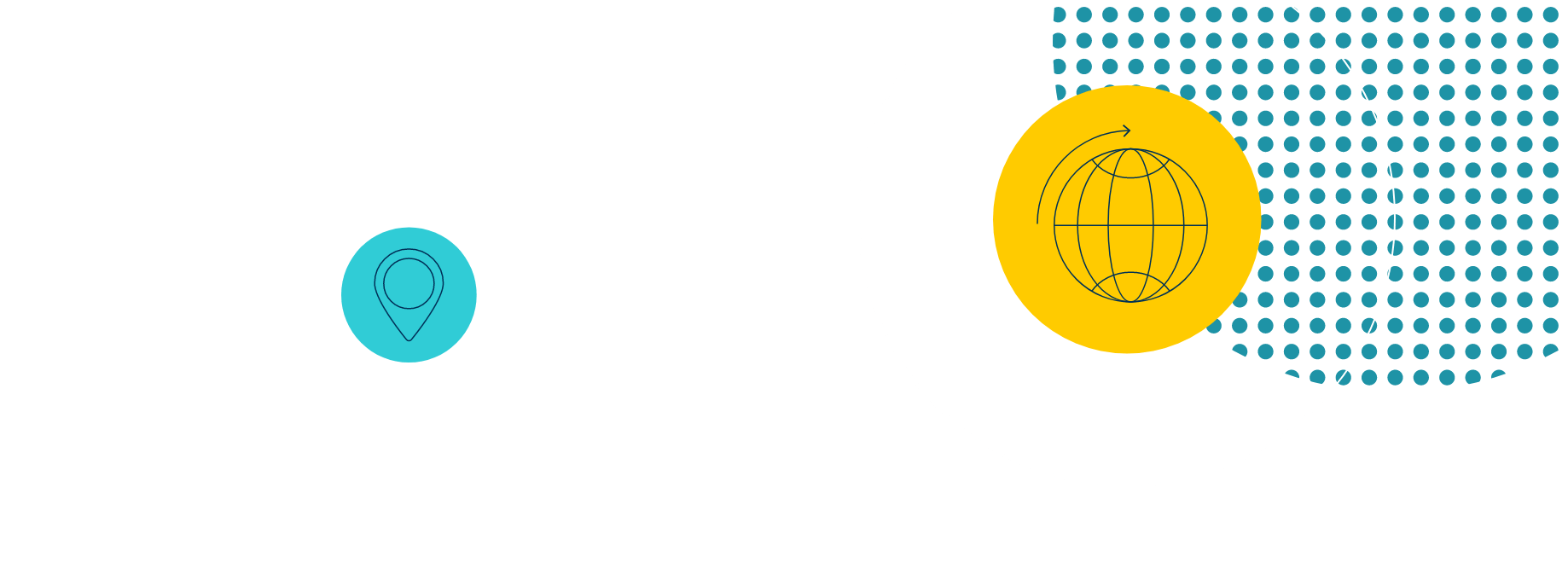We use cookies to improve your online experiences. To learn more and choose your cookies options, please refer to our cookie policy.
ADMISSIONS OPEN
At LCIS, we accept applications throughout the school year. Get in touch with us today to start your admissions journey and book a tour of our campus.





















